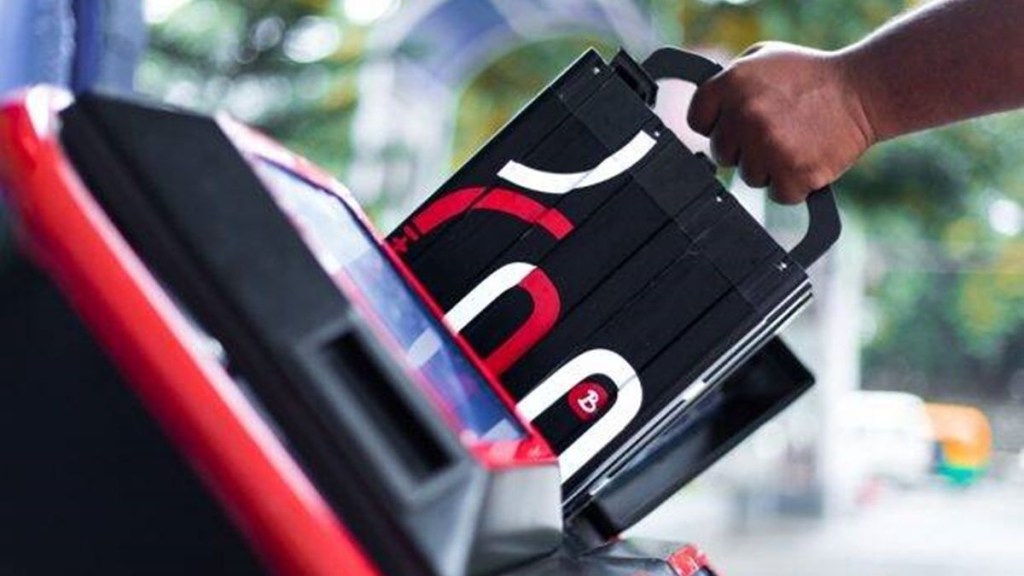The national battery swapping standards for electric vehicles (EVs) will be finalised soon, paving the way for faster growth of the fledgling industry, which will play a key role in cutting vehicular population and green house gas emissions.
According to sources, the standards to be unveiled by the Bureau of Indian Standards (BIS) will focus on three aspects – battery, connectors and battery management systems.
Minister for consumer affairs Piyush Goyal will chair a meeting on January 3 of key stakeholders for finalising the policy, the sources added.
The meeting will also discuss whether battery swapping standards would be made mandatory or not.
BIS had formed a committee to formulate standards on aspects such as size and dimensions of the battery, communication protocols, connectors and interoperability for ensuring interoperability amongst EVs.
Union Minister of Road Transport and Highways, Nitin Gadkari in a reply in the Lok Sabha recently had stated that BIS standards are being formulated keeping in mind that ‘they do not stifle innovation and rather enable effective, efficient, reliable, safe, and customer-friendly implementation of battery-swapping infrastructure,’.
Earlier Rohit Kumar Singh, Secretary, Department of Consumer Affairs, had told FE that the BIS standards for batteries, which are being finalised in consultation with manufactures of EV scooters, will focus on size, connectivity protocol and quality of cells. Singh said quality norms would not create any impediment to growth of the EV industry. He said BIS standards are being developed in tune with average temperature prevalent during most times of the year.
In May, NITI Aayog in a discussion paper had stressed the need for BIS standards as the first step towards a national battery swapping policy. “Safety and reliability of the battery is one of the primary concerns surrounding the prospects of battery swapping,” Niti Aayog had stated in the paper.
It had stated that if battery swapping for EVs to become popular, it is paramount that the government specify at the earliest minimum operational and safety standards for battery swapping without compromising the performance of the battery.
Because of rising space constraints for setting up charging stations in the large scale, finance minister Nirmala Sitharaman in the budget speech(2022-23) had announced that the government will introduce battery swapping policy and interoperability standards in order to improve efficiency in the EV ecosystem.



















